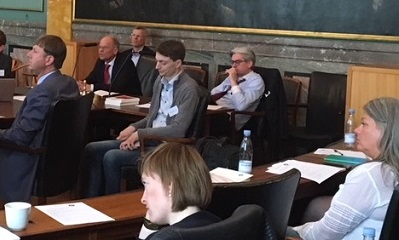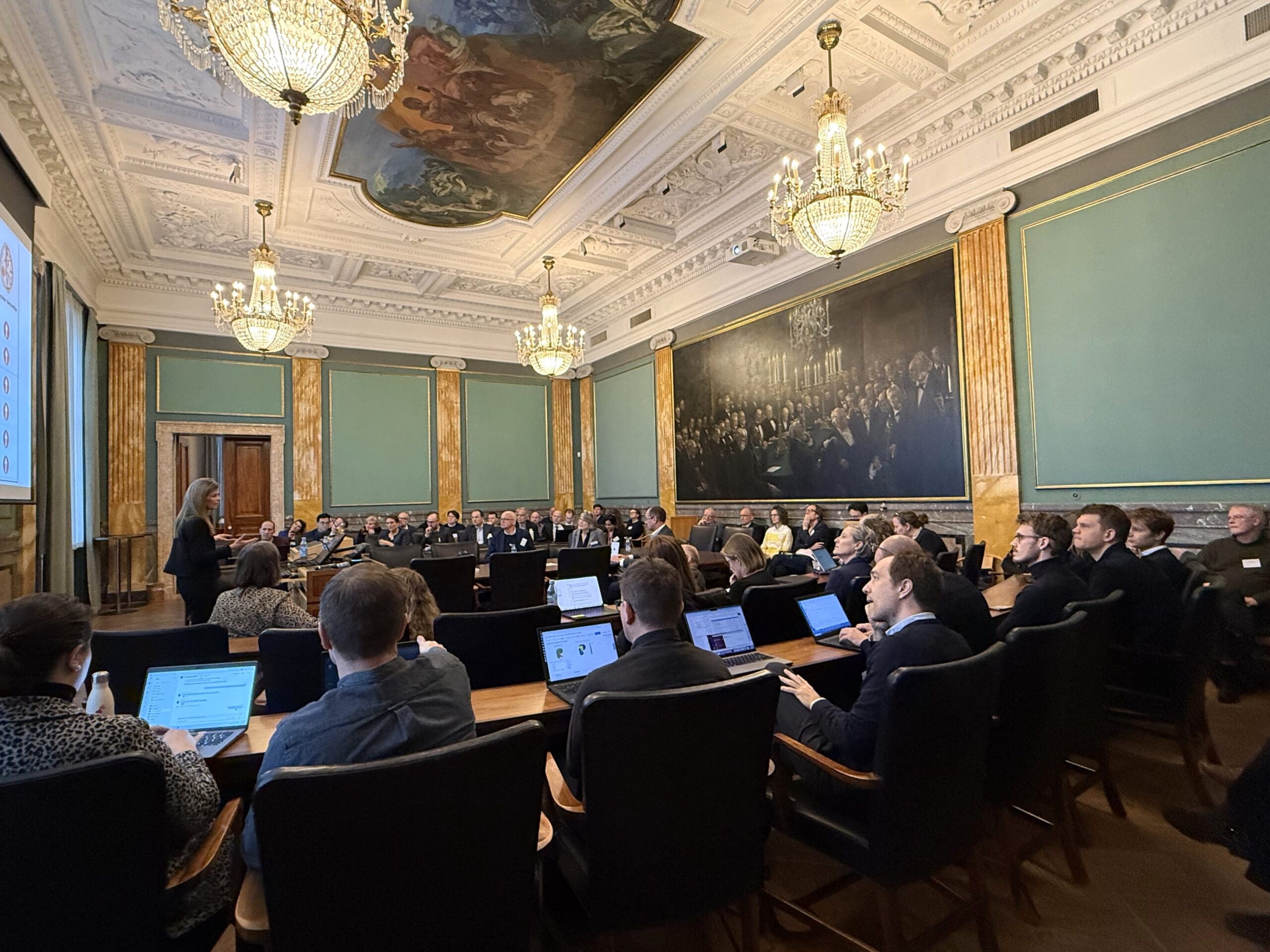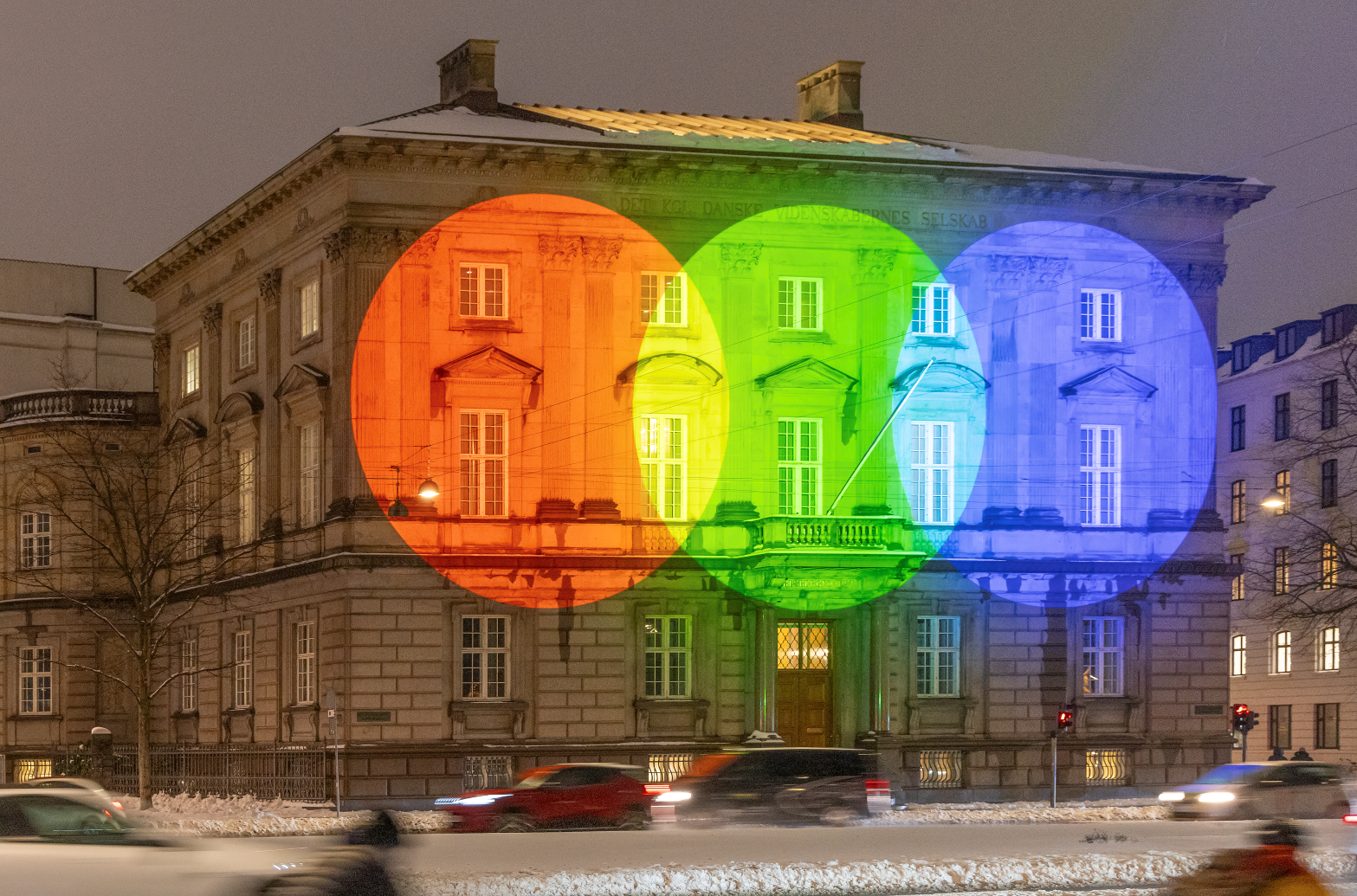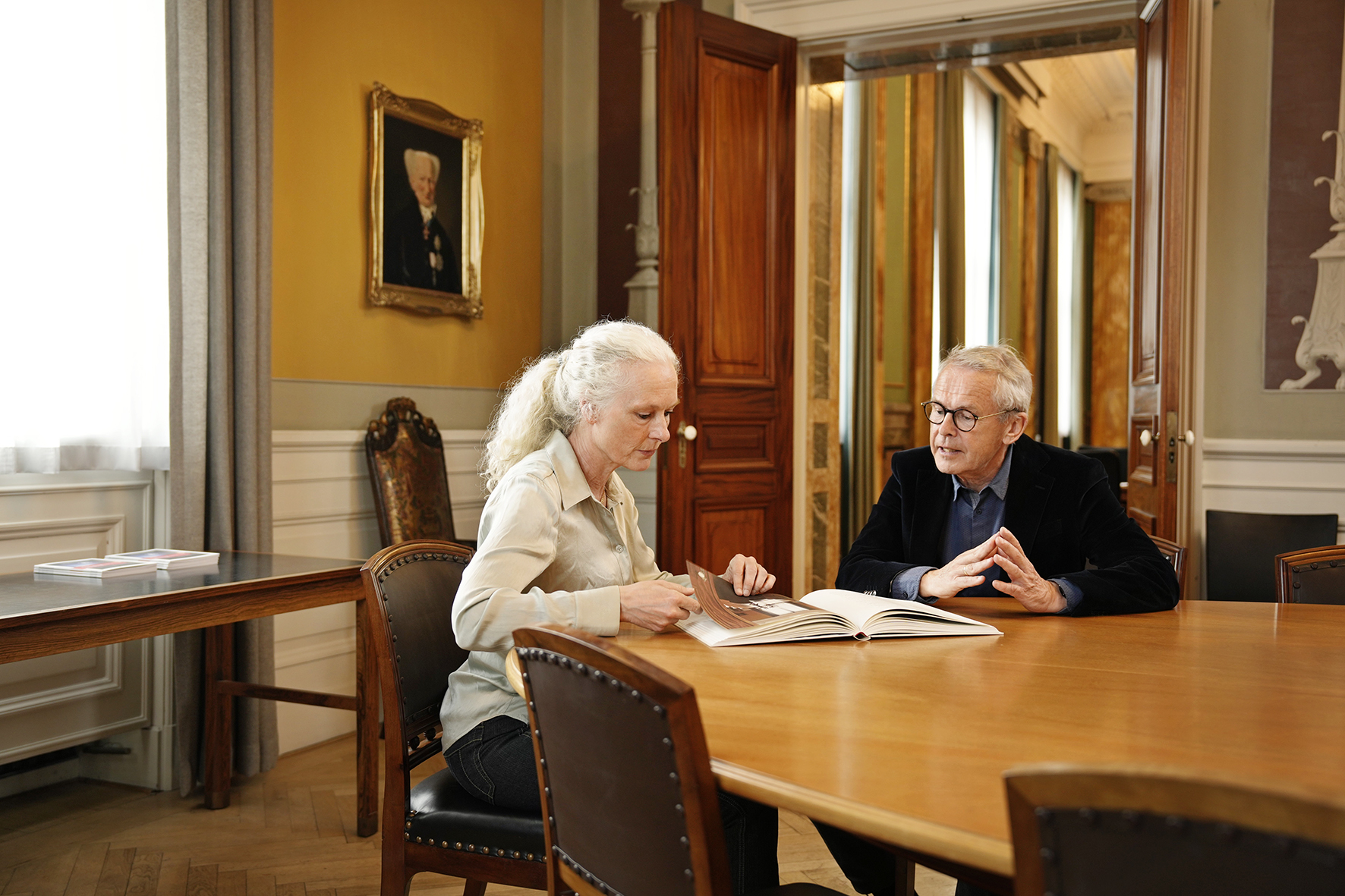Mind and democracy | In the age of social media

On 16 April 2018 The Royal Danish Academy of Sciences and Letters and the Ministry of Higher Education and Sciences, Denmark organized a symposium on democracy and social media.
Since the release of Facebook in 2004, social media has rapidly become part and parcel of billions of citizens’ lives. In less than two decades, the emergence of social media has fundamentally changed the way information flows in society and how we are connected to each other. The positive consequences in terms of information access and connectedness are many and important.
Yet, at the same time, social media create novel political and psychological challenges to democracies and their citizens. Today, we are no longer dependent on news editors for the creation and dissemination of news and each of us can generate and spread information that we find newsworthy. The emergence of “fake news” has been one consequence, raising important questions about the robustness of fundamental democratic institutions in the age social media.
Today, we are also continuously and permanently connected via online platforms to our friends and family. One negative consequence is addictive behavior and fears of “missing out”, raising important questions about the psychological impact of intensive social media use.
This conference brings together leading international and national researchers to discuss and deliberate on the novel challenges that democratic societies and their citizens are facing in the age of social media. The aim of the conference is to take stock of the current knowledge: What do we know about the democratic and psychological consequences of this transformation – and what are the next big research questions to address?
The program for the day (click on the title to see the powerpoint presentation):
- Mogens Høgh Jensen, President, The Royal Danish Academy of Sciences and Letters: Welcome
- Søren Pind, Danish Minister of Higher Education and Science: Introduction
- Peter Vorderer, University of Mannheim: Permanently Online – Permanently Connected: Challenges of the New Media Environment for the Individual and for Society
- Imran Rashid, Founder of Sunddigital.dk: Lost in Automation – How Smart Tech is Transforming Our Essential Human Traits
- Joachim Mathiesen, University of Copenhagen: Social Networks and Personality – when Birds of a Feather don’t Flock Together
- Vincent F. Hendricks, University of Copenhagen: Attention Economics and Fake News
- Stefan Bornholdt, University of Bremen: Likes, tweets, and echo chambers: A physics perspective on opinion formation and democracy today
- David Dreyer Lassen, University of Copenhagen: Ubiquitous Politics and the Polarization of Social Networks
- Michael Bang Petersen, Aarhus University: “Some Men Just Want To Watch The World Burn”: On the Psychological Allure of Fake News
- Dirk Helbing, ETH Zurich: How the Misuse of Social Media Almost Broke Democracy in Pieces
- Rebecca Adler-Nissen, University of Copenhagen: Digital Disinformation: Social Media as Weapons in International Conflicts
- Anja Bechmann, Aarhus University: Social Media Communication and How Democracies Should Respond


